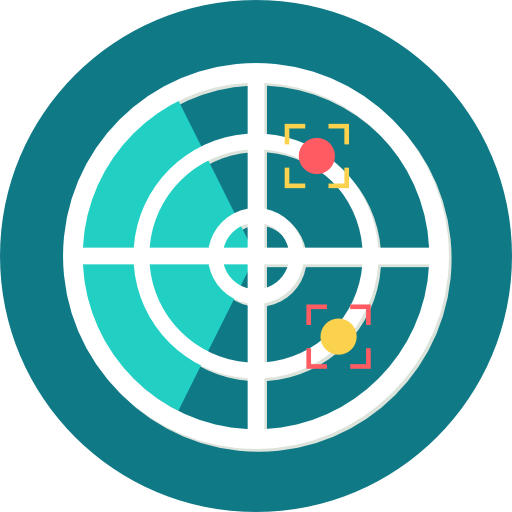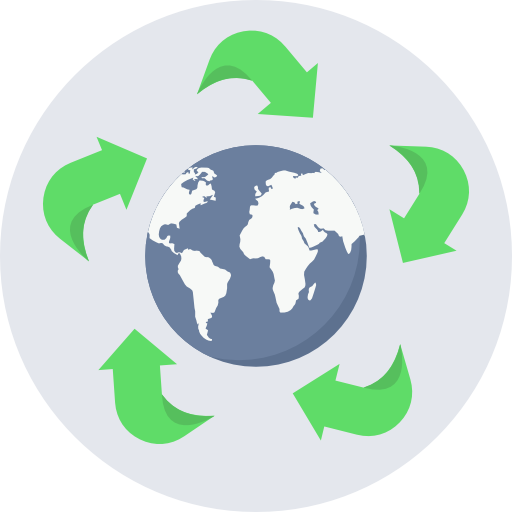OUR WORK
We work to design and implement an advanced IMTA model, as well as an Integrated Management system
IMPAQT develops and deploys novel sensors and data sources, together with smart systems required for long-term autonomous monitoring in the field.
An advanced IMTA model will be provided, which yields spatially explicit information on how the different farm components interact with the environment on the scale of an ecosystem and that can be used for planning decisions by both farmers and regulators.
An integrated management system, operating at the scale of an IMTA farm and comprising analysis and decision support functionalities, will be developed to enable enhanced operational decisions for animal welfare, production optimization, environmental protection and food-quality assessment.
What we do
Based on a strong collaboration among EU and non-EU partners, the project will promote the eco-intensification of European aquaculture, by demonstrating the eco-efficiency and minimization of environmental impacts, enabling socio-economic benefits and ecosystem services, and promoting the transition towards a circular economy business model.
OUR WORK PLAN
IMPAQT will deploy novel sensors and data sources, together with the smart systems required for long term autonomous monitoring in the field
An advanced IMTA model is being devised. This model will yield spatially explicit information on how the different farm components interact with the environment on the scale of an ecosystem. It can be used for planning decisions by both farmers and regulators.
An integrated management system, operating at the scale of an IMTA farm and comprising analytics and decision support functionalities, is also being developed. It will enable enhanced operational decisions for animal welfare, production optimization, environmental protection and food quality assessment.













